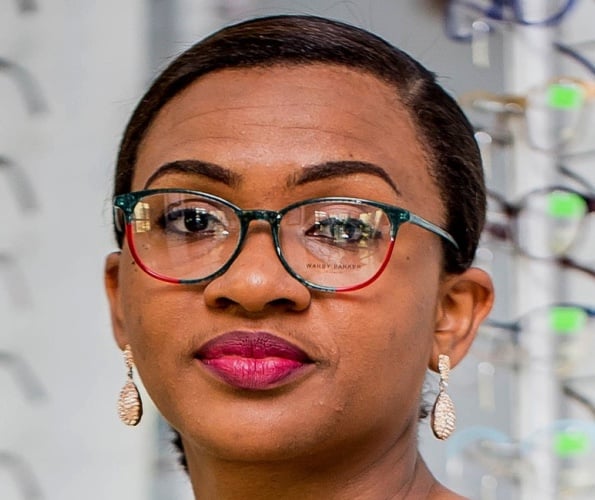Haemophilia and other inherited bleeding disorders, often misconstrued as predominantly male conditions, pose significant health challenges for women and girls as well. The upcoming 2025 World Haemophilia Day, themed “Women and Girls Bleed Too,” aims to dispel this misconception and highlight the need for equitable care and treatment for all affected individuals. Dr. Eunice Ahmed Agyemang, a haematologist and member of the Haemophilia Society of Ghana, advocates for a nationwide campaign to address the existing inequities and create safe, stigma-free environments where women and girls can openly discuss their experiences with bleeding disorders. This campaign seeks to foster understanding and empathy, ultimately improving the lives of those affected and strengthening the healthcare system’s response to these conditions.
While advancements in haemophilia care have been observed in major Ghanaian hospitals like Korle Bu Teaching Hospital and Komfo Anokye Teaching Hospital, thanks to the support of organizations like the World Federation of Haemophilia and the Ghana Haemophilia Society, significant hurdles remain. Access to essential diagnostic tools, appropriate treatment, and specialized care continues to be a challenge, particularly for those in underserved communities. Bridging these gaps necessitates a concerted national effort involving government agencies, public health organizations, civil society groups, and individuals. A collaborative approach is crucial to ensure that everyone, irrespective of gender, geographical location, or socioeconomic status, receives timely and equitable care.
This call for action emphasizes the urgency of leaving no woman or girl behind in the pursuit of improved health outcomes. By listening to the experiences of women and girls with bleeding disorders and providing the necessary support, the benefits extend beyond the individual level, positively impacting families, communities, and the nation as a whole. Effective management of these conditions, although they have no cure, is achievable through various treatments, including clotting factor replacement therapy, antifibrinolytic medication, hormone therapy to manage menstrual symptoms, and comprehensive care provided by specialized healthcare professionals.
Early diagnosis plays a pivotal role in enhancing the quality of life for individuals with bleeding disorders. Dr. Adwoa Agyemang Adu Gyamfi, another member of the Haemophilia Society of Ghana and an aspiring haematologist, underscores the importance of timely diagnosis. Bleeding disorders encompass a range of conditions, including haemophilia A and B, characterized by deficiencies in clotting factors VIII and IX respectively. Although these conditions are statistically more prevalent in males, women and girls can also be affected, particularly if they are carriers of the gene or have low factor levels. Symptoms can manifest in various ways, highlighting the need for awareness and appropriate diagnostic tools.
Von Willebrand Disease (vWD), identified as the most frequently occurring inherited bleeding disorder, affects both men and women. Its symptoms often include easy bruising, frequent nosebleeds, and heavy menstrual bleeding. This underscores the importance of considering vWD in individuals presenting with such symptoms, regardless of gender. Beyond haemophilia and vWD, other rarer bleeding disorders exist, including platelet function disorders and deficiencies in other clotting factors. Recognizing the common symptoms, such as unexplained bruising, blood in urine or stool, painful or swollen joints and muscles due to internal bleeding, and excessive bleeding after procedures like surgery, dental work, or childbirth, is crucial for prompt diagnosis and appropriate management.
The cumulative impact of these efforts, from raising awareness and addressing stigma to improving access to diagnosis and treatment, promises a brighter future for individuals living with bleeding disorders in Ghana. By fostering a supportive and inclusive environment, where women and girls feel empowered to seek help and share their experiences, the healthcare system can effectively address the unique challenges they face and ensure they receive the comprehensive care they need to live fulfilling lives. The collaborative approach advocated by Dr. Agyemang and Dr. Gyamfi, involving various stakeholders from government agencies to community organizations, holds the potential to transform the landscape of bleeding disorder care in Ghana, leaving no one behind in the pursuit of better health outcomes.














